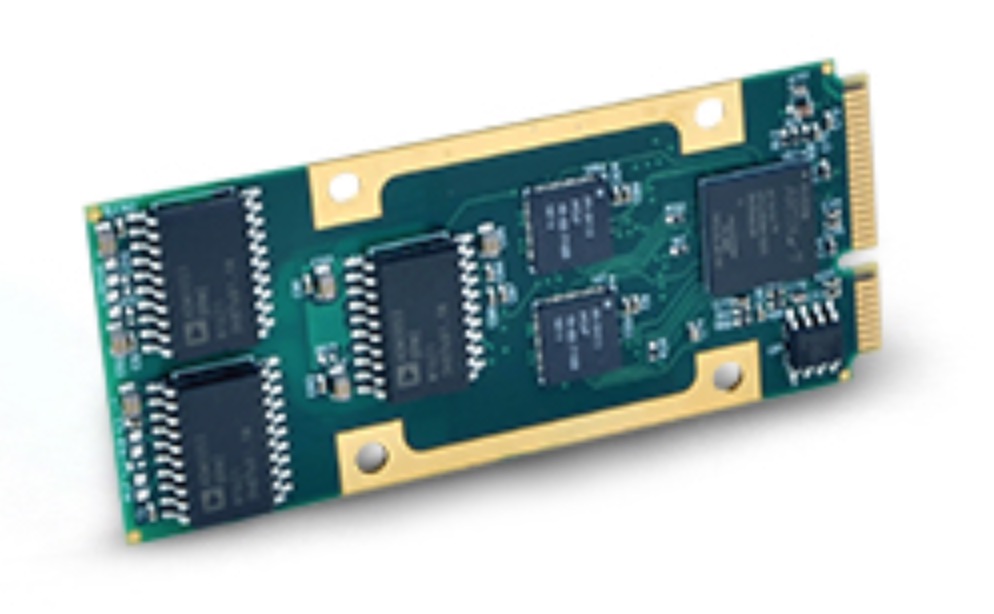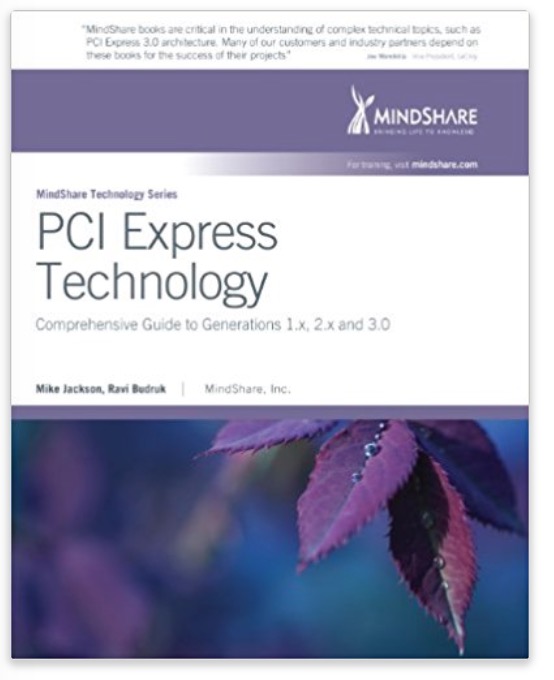Recent Posts
PCI Express Module With Four Isolated CAN Bus Ports For Defense And Avionics Applications
Posted by on
Acropack CAN modules from Acromag (USA) target defense and avionics applications with PCIe mezzanine supporting Arinc 825 and CAN aerospace standards. The AP560 module provides four independent, isolated CAN channels. Each channel has a H13111 CAN controller by Holt paired with a galvanic isolated ADM3053 transceiver by Analog Devices. Designed for defense and avionics applications, the interface board is configurable to comply with Arinc 825 and CAN aerospace standards. A variety of carrier cards are available to host up to four Acropack I/O modules on PCI Express, VPX, or XMC computer platforms.
This module offers a solution for interfacing isolated CAN signals in aerospace, military, and other applications implementing the Classical CAN identifier base frame format (11-bit IDs) and Classical CAN identifier extended frame format (29‑bit IDs). 1000‑V isolation separates the four channels from each other and from the host. The controller is ISO 11898‑5 compliant for Part A (11‑bit) and Part B extended (29‑bit) arbitration ID with programmable bit rates up to 1 Mbit/s.
Acropack mezzanine modules improve on the mini PCI Express architecture by adding a down-facing 100‑pin connector that routes the I/O through a carrier card without any loose internal cabling. Carrier cards in PCIe, VPX, and XMC formats let combine up to four I/O function modules from more than 25 available models in a single computer slot. Software tools support embedded applications running on Linux, Windows, or VxWorks operating systems.
PCI Express 3.0 is the latest generation of the popular peripheral interface found in virtually every PC, server, and industrial computer. Its high bandwidth, low latency, and cost-to-performance ratio make it a natural choice for many peripheral devices today. Each new generation of PCI Express adds more features, capabilities and bandwidth, which maintains its popularity as a device interconnect.
MindShare's books take the hard work out of deciphering the specs, and this one follows that tradition. MindShare's PCI Express Technology book provides a thorough description of the interface with numerous practical examples that illustrate the concepts.
Written in a tutorial style, this book is ideal for anyone new to PCI Express. At the same time, its thorough coverage of the details makes it an essential resource for seasoned veterans.
Essential topics covered include:
- PCI Express Origins
- Configuration Space and Access Methods
- Enumeration Process
- Packet Types and Fields
- Transaction Ordering
- Traffic Classes, Virtual Channels and Arbitration (QoS)
- Flow Control
- ACK/NAK Protocol
- Logical PHY (8b/10b, 128b/130b, Scrambling)
- Electrical PHY
- Link Training and Initialization
- Interrupt Delivery (Legacy, MSI, MSI-X)
- Error Detection and Reporting
- Power Management (for both software and hardware)
- 2.0 and 2.1 Features (such as 5.0GT/s, TLP Hints, and Multi-Casting)
- 3.0 Features (such as 8.0GT/s, and a new encoding scheme)
- Considerations for High Speed Signaling (such as Equalization)
 Loading... Please wait...
Loading... Please wait...


